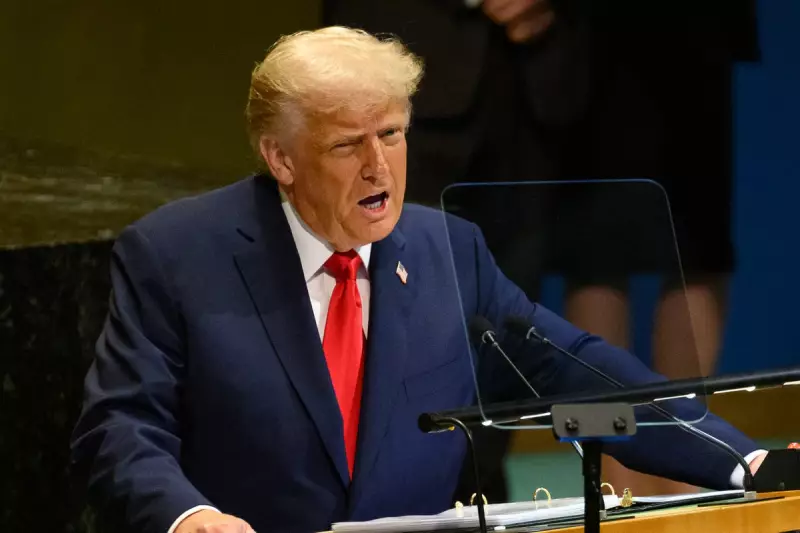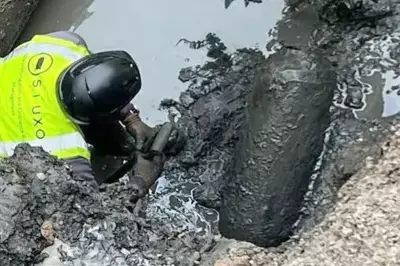
Former US President Donald Trump is actively developing what sources describe as a "blueprint for Europe," hosting a series of meetings with influential far-right figures at his Mar-a-Lago estate. This coordinated effort appears designed to fundamentally reshape transatlantic relations and systematically reduce European support for Ukraine.
The initiative comes at a pivotal moment, with critical elections for the European Parliament looming in June. A strong showing for nationalist and Eurosceptic parties could significantly alter the continent's political landscape, potentially creating a more favourable environment for Trump's vision.
Mar-a-Lago: The New Diplomatic Hub for Europe's Right Wing
Trump's Florida resort has become an unlikely nerve centre for a pan-European political strategy. High-profile visitors have included Hungarian Prime Minister Viktor Orbán, a long-time ally, and discussions have been held about engaging with other key players, such as Italy's Prime Minister Giorgia Meloni.
The talks are said to focus on creating a cohesive, right-wing bloc within the EU that would prioritise national sovereignty over Brussels-led federalism and challenge the current consensus on providing military aid to Ukraine.
A Strategic Shift in US-Europe Relations
At the heart of this "blueprint" is a potential dramatic shift in American foreign policy should Trump win a second term in November. The plan reportedly involves:
- Pressuring Europe to negotiate a settlement in the Russia-Ukraine war, even on terms favourable to Moscow.
- Undermining the NATO alliance by threatening to withdraw US support for member nations deemed not to be spending enough on defence.
- Forging bilateral ties with nationalist governments, effectively bypassing traditional EU institutions.
This strategy alarms centrist and left-wing leaders across Europe, who view it as an existential threat to post-war democratic stability and a gift to Vladimir Putin.
The Stakes for the June Elections
The upcoming European elections are seen as a crucial test. A surge for far-right parties could hand Trump-friendly MEPs greater influence over EU policy, particularly on issues like immigration, climate change, and foreign affairs. This internal shift, combined with external pressure from a potential Trump administration, could weaken the EU's ability to act as a unified bloc.
Analysts suggest that Trump's team believes that by empowering like-minded leaders in Europe, they can effectively "break the Brussels machine" and return to an era of nation-state diplomacy dominated by Washington.





